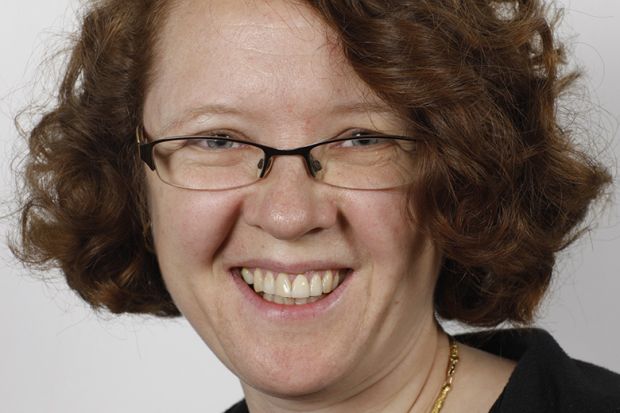Helen Reece was born in London on 25 October 1968, the daughter of academic mathematician Gordon Reece, and moved to Bristol at the age of nine.
She studied law at University College London (1990), where she also served as a sabbatical officer for the students’ union, and qualified as a barrister in 1992. She then began her career as a lecturer in laws at UCL (1993-98), gaining an MSc in logic and scientific method from the London School of Economics (1994), before becoming a lecturer and then reader in law at what is now Birkbeck, University of London (1998-2009). Her final post was as a reader and associate professor at LSE Law.
Very wide-ranging in her interests, Ms Reece edited Law and Science: Current Legal Issues (1998) and Science in Court (with Michael Freeman, 1998), yet the bulk of her teaching and incisive research contributions were in family law and the law of obligations.
Jonathan Herring, tutor and fellow in law at Exeter College, Oxford, described Ms Reece as “one of the leading academic lawyers of her generation. Her work was exciting, novel and always controversial.
“She seemed to be incapable of writing a boring article. The topics she wrote on were wide-ranging: from domestic violence to ‘positive parenting’; from rape to child contact cases. Her book Divorcing Responsibly [2003] was a tour de force. Drawing on literature from politics, psychology, law and philosophy, she created a powerful study of the role of the state in divorce. It is book that, even some 13 years after its publication, is read and discussed, a rare achievement in the fast-moving world of academic law.”
All Ms Reece’s research was notable for its interest in uncovering – and sometimes contesting – the social and political assumptions behind legal rules and received opinions. She also tended to be sceptical of state intervention, for example in controlling the separation process of divorcing couples.
Yet her fearless forensic intelligence sometimes led her into controversial territory. A 2010 article arguing against a blanket ban on those on the sex offender register being allowed to adopt children unleashed a storm of hostile commentary in the press and online. Equally contentious was her analysis of “rape myths” – assumptions that juries make about women that were said to lead them to acquit rapists.
Ms Reece died of cancer on 26 October and is survived by her partner John Gillott and her two children.
Register to continue
Why register?
- Registration is free and only takes a moment
- Once registered, you can read 3 articles a month
- Sign up for our newsletter
Subscribe
Or subscribe for unlimited access to:
- Unlimited access to news, views, insights & reviews
- Digital editions
- Digital access to THE’s university and college rankings analysis
Already registered or a current subscriber? Login








